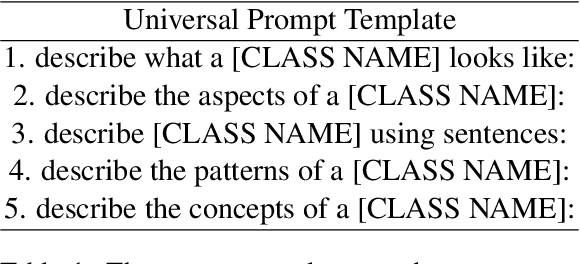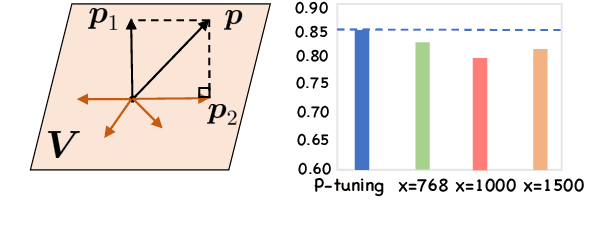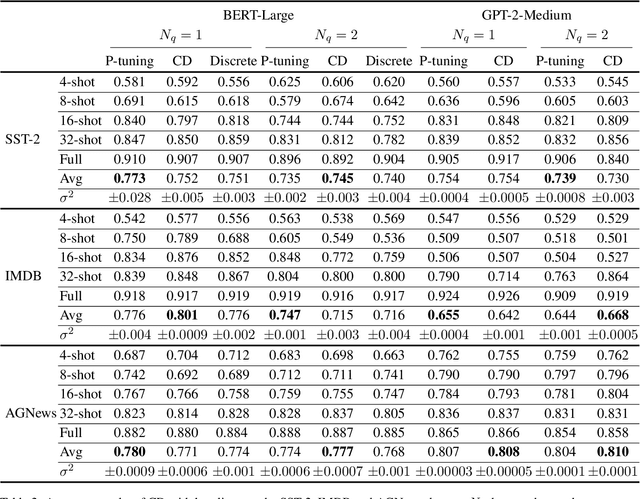Concept Based Continuous Prompts for Interpretable Text Classification
Paper and Code
Dec 02, 2024



Continuous prompts have become widely adopted for augmenting performance across a wide range of natural language tasks. However, the underlying mechanism of this enhancement remains obscure. Previous studies rely on individual words for interpreting continuous prompts, which lacks comprehensive semantic understanding. Drawing inspiration from Concept Bottleneck Models, we propose a framework for interpreting continuous prompts by decomposing them into human-readable concepts. Specifically, to ensure the feasibility of the decomposition, we demonstrate that a corresponding concept embedding matrix and a coefficient matrix can always be found to replace the prompt embedding matrix. Then, we employ GPT-4o to generate a concept pool and choose potential candidate concepts that are discriminative and representative using a novel submodular optimization algorithm. Experiments demonstrate that our framework can achieve similar results as the original P-tuning and word-based approaches using only a few concepts while providing more plausible results. Our code is available at https://github.com/qq31415926/CD.
 Add to Chrome
Add to Chrome Add to Firefox
Add to Firefox Add to Edge
Add to Edge